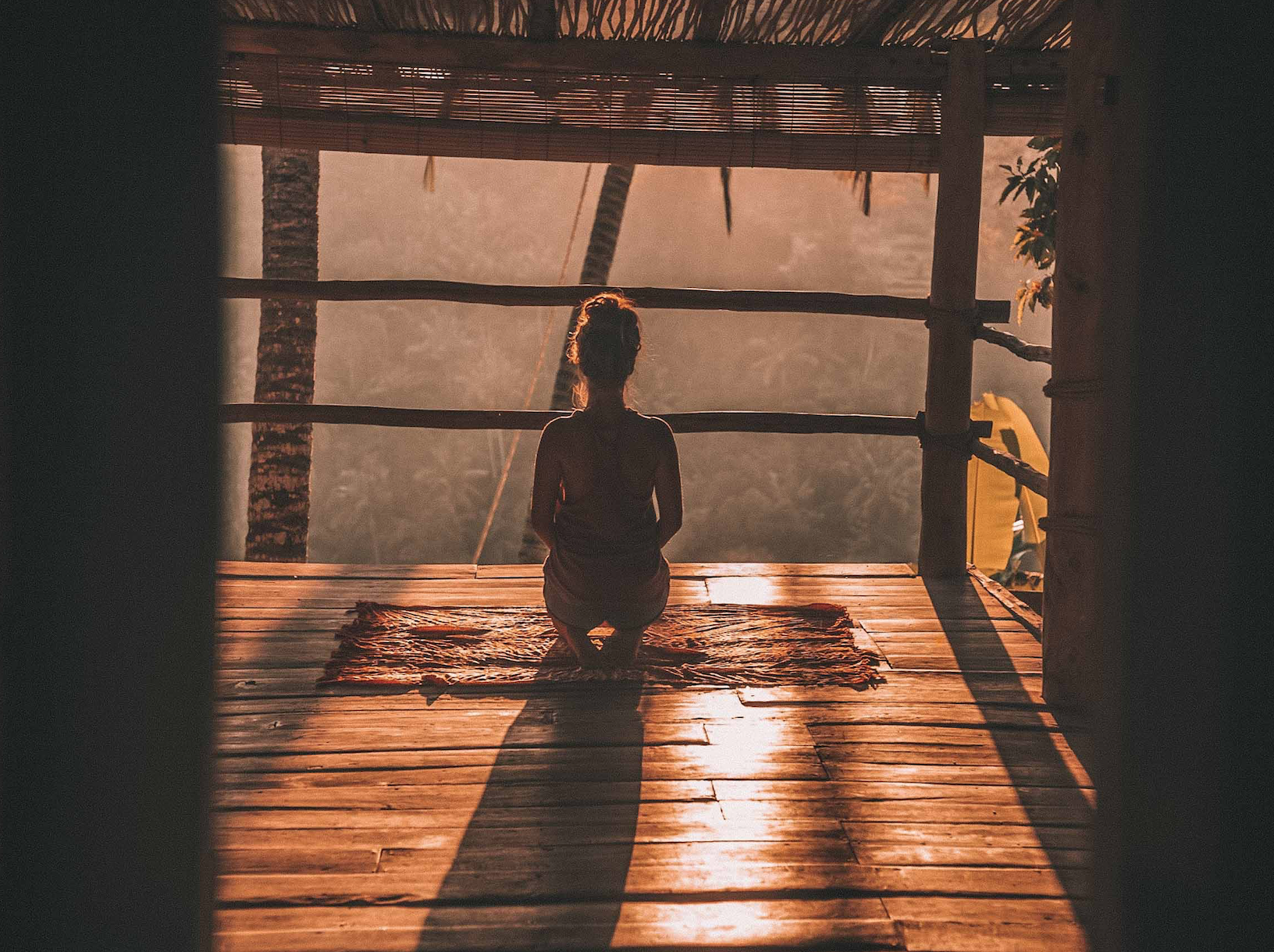In the third of a series of articles looking at how leisure travel is expected to recover, our Creative Content Strategist, Kristina Sikorskaja, continues to provide a round-up of thought-provoking industry opinion and insights of our own regarding consumer priorities and business opportunities in the early phases of Travel 2.0.
Not only is coronavirus bringing in new mind-blowing rules and changing our familiar travel routines, but it has also altered our attitudes towards travelling. Different demographics will have different priorities as well as motivations to go on holiday, so let’s see what they are.
 First and foremost, we need to realise that city breaks aren’t going to be the most popular holiday option in the next couple of months or more. It is the countryside escapes, beach getaways and various wellness retreats that people are going to be booking. And with people likely to be fearful of flying for a while, private travel, be it by jet or yacht for the rich or by car for all the other social classes, are likely to be the most popular forms of transportation taken. Once the worry of coronavirus is contained, family travel is likely to take a form of multi-generational trips with parents, grandparents, children and other close relatives heading off to a long-awaited reunion vacation.
First and foremost, we need to realise that city breaks aren’t going to be the most popular holiday option in the next couple of months or more. It is the countryside escapes, beach getaways and various wellness retreats that people are going to be booking. And with people likely to be fearful of flying for a while, private travel, be it by jet or yacht for the rich or by car for all the other social classes, are likely to be the most popular forms of transportation taken. Once the worry of coronavirus is contained, family travel is likely to take a form of multi-generational trips with parents, grandparents, children and other close relatives heading off to a long-awaited reunion vacation.
Younger people will engage in more thoughtful travel, realising their dream trips and heading to the bucket-list destinations—the flip side of COVID-19 will be the motivation to finally take those must-do trips we’ve all been putting off.
Unsurprisingly, affluent consumers are those who will avoid big hotels and take advantage of private accommodations. Already in April 2020, Booking.com spotted a changing consumer behaviour—there was a spike in booking alternative stays rather than hotels. And with the rich less likely to be drastically affected by the economic crisis versus the middle-class, luxury villa owners and service providers are the ones to benefit most from the pandemic.
Nevertheless, to recover from the financial losses and entice bookings, airlines, tour providers, cruise ships, and hotels will be offering deals and discounts in an attempt to combat the fear of travelling, therefore we can expect travellers on a budget to return to the market.

What’s more, we will see a rise in smart spending within travelling. Thoughtful consumers will look to support their local communities by consuming their services and products. They will also favour family-run hotels, independent restaurants, and travel to their favourite destinations not just for the sake of taking a rest, but also to invest in their economies to help them to recover from the standstill period.
Finally, it’s time to highlight the positive impact of this global nightmare. The pandemic has enabled us to see first-hand the importance of slowing down, and it has made us reflect more than ever on the impact we’re having on the environment. During the last couple of months, we have been bombarded with the never-ending news coverage about the virus, yet we also saw our favourite destinations in an entirely new light, with dolphins swimming around the Venetian canals and wild animals taking over big cities. Therefore, it stands to reason that more people will have recognised the negative impact of travelling on our environment, so it’s likely that sustainability will become a greater consideration for travellers in the post-pandemic world.
For more industry insights on how the travel industry is changing and adapting to the global pandemic, read up our other articles in the Rebuilding Travel series:
– Rebuilding Travel, Part 1: Safety Measures & Innovations
– Rebuilding Travel, Part 2: Behavioural & Industry Changes
– Rebuilding Travel, Part 4: Content Strategies to Entice Bookings